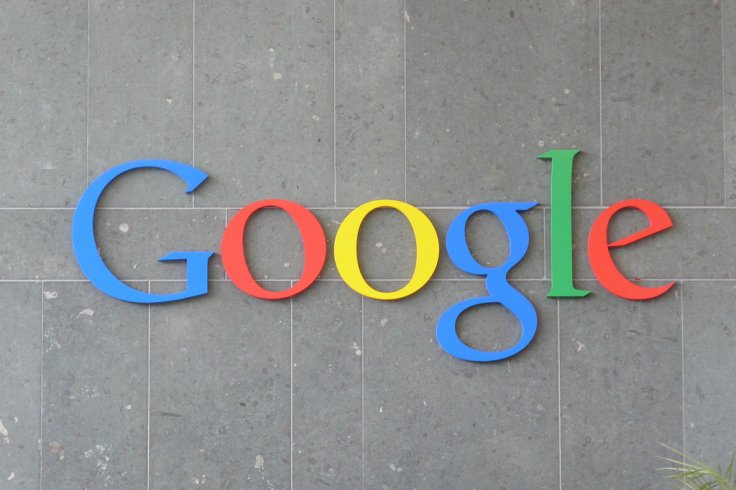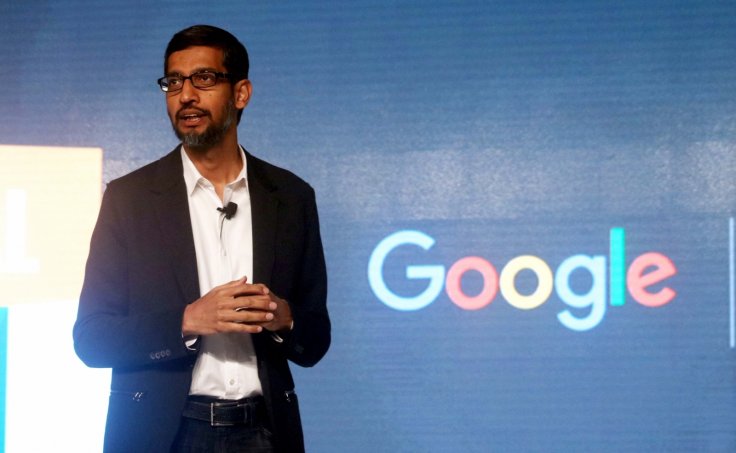Marking a major development in the antitrust investigation against the Big Tech, Texas and nine other US states said Google and Facebook carved up the huge online advertising market through unlawful and unholy means.
Under the secret deal struck between the two heavyweights in 2018, the companies decided to two made a secret pact to divide up the market for ads on websites and apps between them, the Texas complaint says.
In a separate antitrust suit field in October, the Justice Department said Google got into a secret arrangement with Apple to make sure it continued to dominate the search engine space.

Earlier this month, it was reported that as many as 40 states in the United States would sue Facebook Inc for possible antitrust violations. In July, Congress Subcommittee for Judiciary Antitrust, Commercial and Administrative Law had grilled the CEOs of Facebook and Google, along with the head honchos of Apple and Amazon, as part of its historic antitrust hearing.
The Texas-led complaint says that the Google-Facebook agreement "fixes prices and allocates markets between Google and Facebook as competing bidders in the auctions for publishers' web display and in-app advertising inventory."

Facebook Experiments 'Header Bidding' in 2017
According to Politico, the unholy nexus took its origins after Facebook started using 'header bidding' in 2017. The technology essentially helped website publishers make more money by circumventing Google, technology experts explained. While Facebook promoted the hack that helped publishers make more money, Google was under threat as it had refused to offer a unified auction, which would have been more favorable for publishers.
After Facebook went ahead with the plan, Google, facing existential threat, reached out to Facebook to strike a mutually beneficial solution, the report says. According to the Texas complaint, the two giants eventually agreed on a deal under which Facebook would reduce the use of header bidding and use Google's ad server instead. In response, Google offered significant advantages to Facebook in its auctions.

Publishers Mull Class Action Suit
The lawsuit by Texas and other states will raise the legal stakes for Google, experts have said. Several online publishers have already started a move to file a class action suit against Google, alleging that the search engine giant's manipulation has cost them huge amounts of advertising dollars.
In the lawsuit, Texas accuses Google of abusing its monopoly over the digital ads market. "As internal Google documents reveal, Google sought to kill competition and has done so through an array of exclusionary tactics, including an unlawful agreement with Facebook, its largest potential competitive threat," the lawsuit says, according to Reuters.
However, Google has denied wrongdoing. A spokesperson said Google will defend itself, adding that the allegations by Texas are baseless. "Digital ad prices have fallen over the last decade. Ad tech fees are falling too. Google's ad tech fees are lower than the industry average. These are the hallmarks of a highly competitive industry," the spokesperson said.
The other states that joined Texas in the lawsuit against Google and Facebook are Arkansas, Indiana, Kentucky, Missouri, Mississippi, South Dakota, North Dakota, Utah and Idaho. All have Republican prosecutors.








